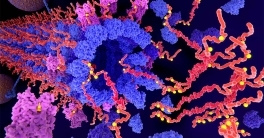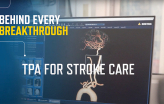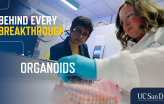Autism Spectrum Disorders Linked to Neurotransmitter Switching in the Brain
Neurobiologists studying the emergence of autism spectrum disorders have found evidence of altered early development of the nervous system. They linked environmentally induced forms of ASD to changes in neurotransmitters, the chemical messengers that allow neurons to communicate with each other.















